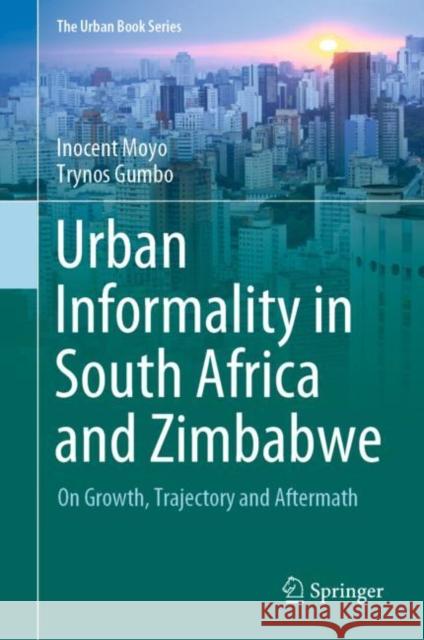Urban Informality in South Africa and Zimbabwe: On Growth, Trajectory and Aftermath » książka
topmenu
Urban Informality in South Africa and Zimbabwe: On Growth, Trajectory and Aftermath
ISBN-13: 9783030654849 / Angielski / Twarda / 2021 / 168 str.
Urban Informality in South Africa and Zimbabwe: On Growth, Trajectory and Aftermath
ISBN-13: 9783030654849 / Angielski / Twarda / 2021 / 168 str.
cena 564,88
(netto: 537,98 VAT: 5%)
Najniższa cena z 30 dni: 539,74
(netto: 537,98 VAT: 5%)
Najniższa cena z 30 dni: 539,74
Termin realizacji zamówienia:
ok. 16-18 dni roboczych.
ok. 16-18 dni roboczych.
Darmowa dostawa!
Kategorie BISAC:
Wydawca:
Springer
Seria wydawnicza:
Język:
Angielski
ISBN-13:
9783030654849
Rok wydania:
2021
Wydanie:
2021
Numer serii:
000789133
Ilość stron:
168
Waga:
0.45 kg
Wymiary:
24.13 x 19.56 x 1.27
Oprawa:
Twarda
Wolumenów:
01











